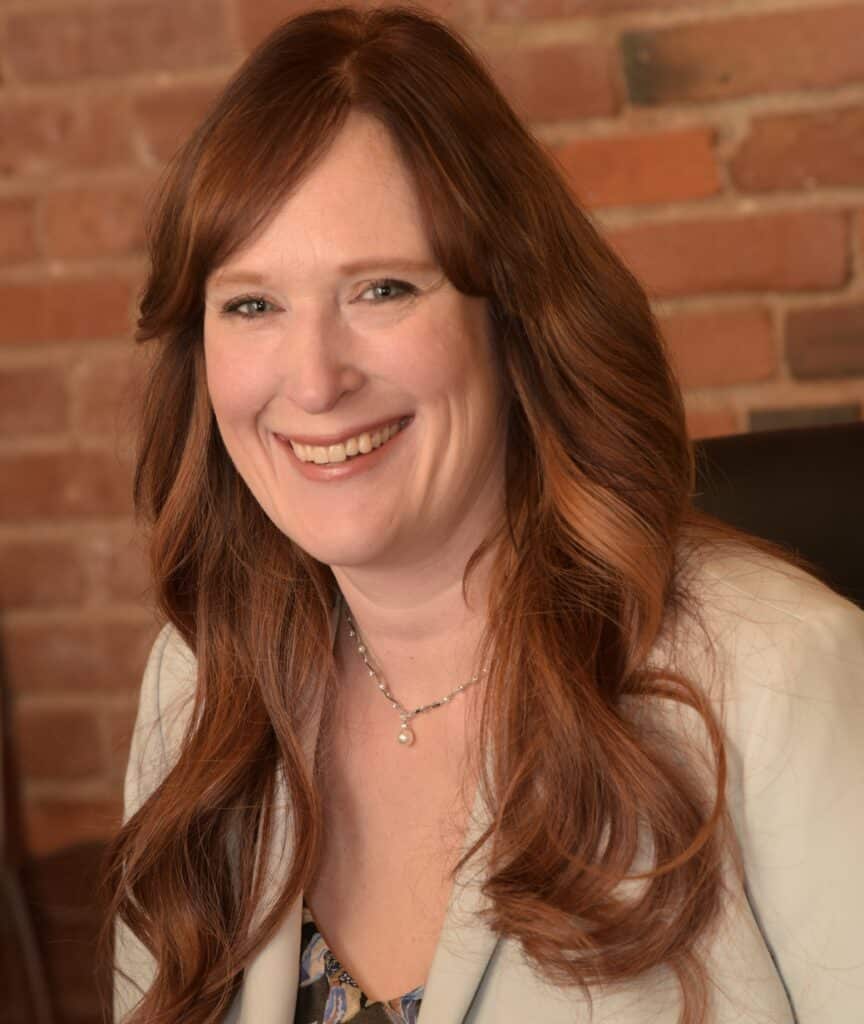Bankruptcy Attorney Cleveland
Chapter 7 Bankruptcy Attorney
Chapter 7 Bankruptcy Basics
More individuals file for Chapter 7 bankruptcy than any other kind of bankruptcy. This is because it wipes out a majority of your debt, giving you a clean financial slate and a new beginning without being saddled by debts. bankruptcy attorney cleveland
The important concept to understand about filing for Chapter 7 bankruptcy is that if you have assets that are not exempt under the laws of the State of Ohio, adopted by the Bankruptcy Court, you may be forced to liquidate that asset so the proceeds can be used to pay off creditors. It is important to discuss your assets and liabilities with an experienced bankruptcy attorney to determine if any of your assets are at risk and how to best protect them as you move through the bankruptcy process.
How Chapter 7 Works
This form of bankruptcy can be filed for and completed relatively quickly, often taking between four and six months. The fees for filing, administrative, and attorney fees vary. You will generally only have to appear in bankruptcy court one time. The Bankruptcy Code requires each filer to take two classes. One before the filing and one after. You cannot file without taking the first class and you cannot get your discharge without completing the second class.
A trustee will be appointed who will ensure that you fairly represented your assets and debts in your bankruptcy filing. If there are assets that are not exempt and must be liquidated the Trustee will work with you and your attorney to collect and distribute the assets. Usually, your house and at least one vehicle are exempt from liquidation. When you file for Chapter 7, you are putting your personal property and debts into the care of the bankruptcy court, so you cannot sell or give away anything without the court’s permission.
About thirty days after filing for bankruptcy, there will be a “meeting of the creditors” and you as the debtor. The creditors rarely appear at this meeting. The trustee will be in charge of the meeting, at which the trustee and your creditors can ask you questions about your debts and current assets. If it is determined that you have non-exempt assets, the trustee will ask that you either turn these over to the court or pay their value in cash.
Bankruptcy Attorney Cleveland
Course 1
Before Bankruptcy Filing
Course 2
Before Bankruptcy Filing
 What You Will Need to File
What You Will Need to File
Filing for Chapter 7 can seem intimidating and confusing. At Moseman Law Office we will walk you through the process, helping you gather the appropriate paperwork and information, including:
- Information on all outstanding debts
- Your current income
- Details of all monthly living expenses
- All assets and personal property
- Any assets you have given away or sold in the past 4 to 10 years
After gathering this information, we will carefully review your situation and determine how to eliminate your debts and protect your assets to the extent possible under the law.
Collateral in Chapter 7 Bankruptcy
If you have a loan for which you used some of your property as collateral, this is called a secured debt. Secured debts are usually either real estate (such as your house) or a vehicle. When a bankruptcy is filed, an automatic “stay” against pending and future lawsuits or collection goes into effect. This filing temporarily stops foreclosure and repossession action.
If you are behind on payments for secured debts, the creditor may request that the automatic stay on collecting the debt be lifted so that they can foreclose on your property or repossess your vehicle. If you are current on your payments, you can keep the property or vehicle and as long as you continue to pay for it.
If a creditor has filed a judgment against you before you filed for Chapter 7, you may be able to remove the lien against your property during your bankruptcy.
What Is Not Covered by Chapter 7 Bankruptcy
Some debts cannot be discharged by Chapter 7. These include:
- Child support
- Some back taxes and penalties
- Student loans
- Non-dischargeable debts such as debts from fraud
- Debts creditors have objected to having discharged
Can Anyone File Chapter 7 Bankruptcy?
If you do not have the means to pay off all your debts, you may be eligible for Chapter 7 unless you have filed for Chapter 7 bankruptcy in the last eight years. If your income is higher than the allowable income level for you or your family for your county, you cannot file for Chapter 7. If you have enough income, after allowable expenses, to repay part of your unsecured debt with a five-year payment plan, you cannot file for Chapter 7. You will be eligible to file a Chapter 13 bankruptcy.
Bankruptcy Attorney Cleveland
The attorneys and staff at Moseman Law Office, LLC understand how difficult it can be to decide to file for bankruptcy, rather it’s Chapter 7 or Chapter 13. It’s a stressful decision with emotional, personal, and financial repercussions. We are Cleveland bankruptcy attorney specialists at Moseman Law Office and we will walk you through the process with compassion and dignity, representing your rights and ensuring the best possible financial outcome for you and your family. Call us today at 440-255-0832 for a free, private consultation.
Contact Us Today!
Bankruptcy Attorney Cleveland
We are a debt relief agency.
Moseman Law Office
Moseman Law Office is a full-service legal firm located in Mentor, Ohio, serving nearby counties, and providing personalized legal solutions to its clients.
Contact Us
Moseman Law Office
6990 Lindsay Drive #2
Mentor, OH 44060
Phone: (440) 255-0832

 What You Will Need to File
What You Will Need to File